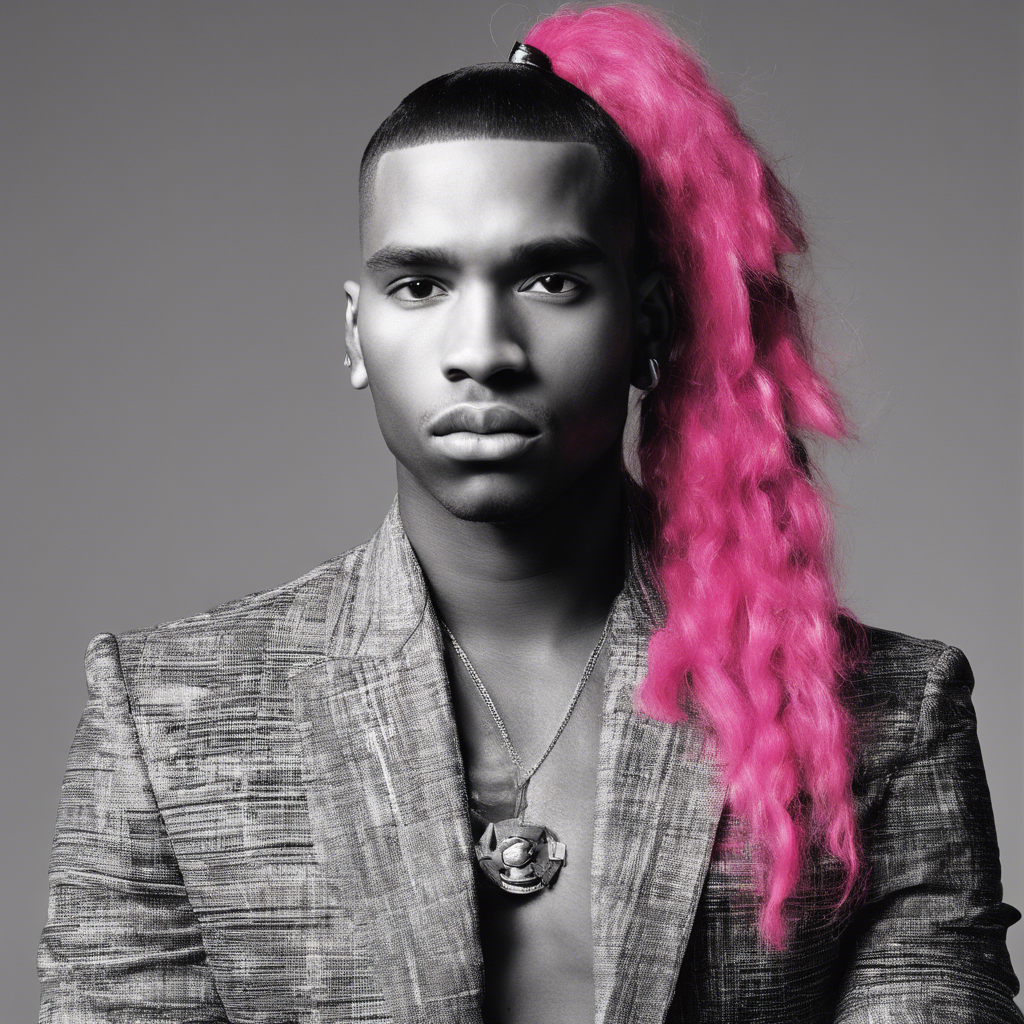Elliott Wilson Apologizes to Kai Cenat for Criticizing Nicki Minaj Interview

Legendary journalist extends olive branch after facing backlash from Minaj’s fanbase
In a surprising turn of events, renowned journalist Elliott Wilson has publicly apologized to popular streamer Kai Cenat after criticizing him for his interview with rap superstar Nicki Minaj. Wilson, known for his expertise in the music industry, took to his social media platform to express remorse and acknowledge his mistake. This unexpected apology comes after Wilson faced a fierce backlash from Minaj’s devoted fanbase, known as the “barbs,” who vehemently defended their idol. Let’s delve into the details of this unexpected reconciliation and the impact it has on the evolving landscape of journalism and streaming platforms.
A Change of Heart and an Apology Extended
In a post on his X page (formerly Twitter), Elliott Wilson publicly extended an olive branch to Kai Cenat, expressing regret for his previous criticism. Wilson acknowledged that he had underestimated the power and loyalty of Minaj’s fanbase, admitting that their overwhelming response had caught him off guard. The journalist went on to apologize not only to Cenat but also to his family, recognizing that his competitive nature had clouded his judgment. Wilson recognized Cenat’s contributions to the industry, highlighting his ability to carve his own path and build a successful platform, deserving of respect.
The Impact of Fan Culture on Journalism
This incident sheds light on the growing influence of fan culture in the realm of journalism. With the rise of social media, fans have become more vocal and possess the ability to mobilize quickly to defend their favorite artists. The “barbs” in particular have gained a reputation for their unwavering support and fierce defense of Nicki Minaj. Wilson’s apology serves as a reminder to journalists and media personalities that navigating fan culture requires sensitivity and a deep understanding of the power dynamics at play.
The Rise of Streamers and Young Creatives
Wilson’s apology also signifies the increasing importance of streamers and young creatives in pushing the culture forward. Kai Cenat, as a popular streamer, has created his own unique path in the industry, leveraging new platforms and technologies to connect with audiences. This incident highlights the impact that streamers and young creatives can have in shaping the narrative and influencing public opinion. As the media landscape continues to evolve, established journalists like Wilson are recognizing the value and significance of these emerging voices.
The Changing Landscape of Journalism
The reconciliation between Elliott Wilson and Kai Cenat serves as a microcosm of the changing landscape of journalism. Traditional media outlets are no longer the sole gatekeepers of information and entertainment. Streamers and young creatives have disrupted the industry, providing alternative platforms for content creation and distribution. This incident underscores the need for established journalists to adapt and embrace these changes, recognizing the value and influence of new voices and perspectives.
Conclusion:
The apology from Elliott Wilson to Kai Cenat after criticizing his interview with Nicki Minaj highlights the power of fan culture and the evolving landscape of journalism. Wilson’s public acknowledgment of his mistake serves as a reminder to journalists to navigate fan dynamics with sensitivity and respect. Additionally, this incident underscores the growing influence of streamers and young creatives in shaping the narrative and pushing the culture forward. As the media landscape continues to evolve, it is crucial for established journalists to adapt and recognize the value of emerging voices in order to remain relevant and connected to their audiences.

